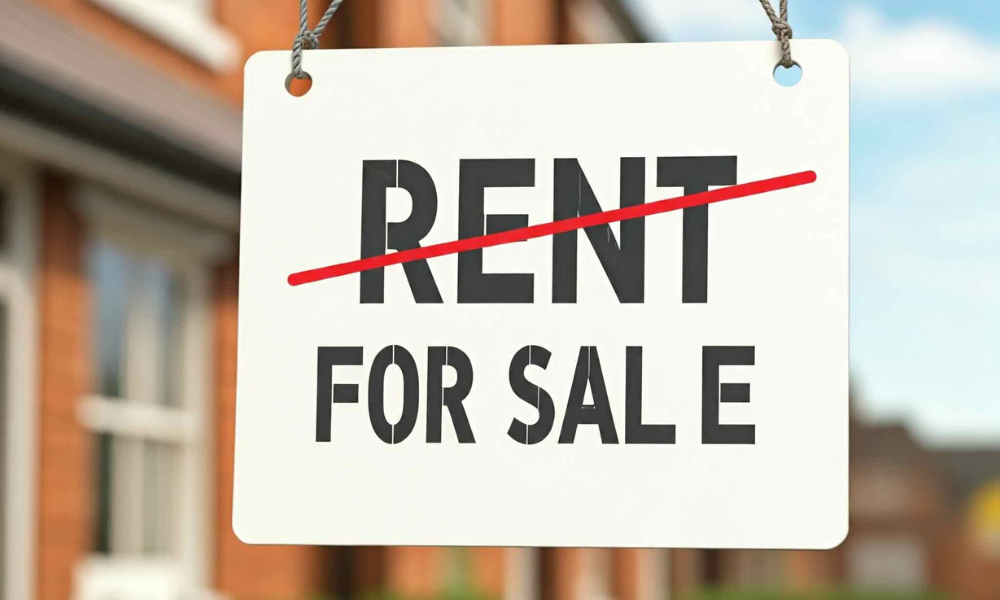Government intervention is the top concern for current and prospective investors

Australia’s rental market faces renewed pressure as a significant number of property investors withdraw from the sector, according to the Property Investment Professionals of Australia (PIPA).
Analysis by PIPA, drawing on Australian Taxation Office (ATO) figures, indicates that the number of individual property investors decreased by more than 7,000 in the 2022-23 financial year compared to the previous year.
This decline marks the sharpest annual drop in over a quarter of a century, excluding periods during the global financial crisis and the COVID-19 pandemic, and reverses a long-standing trend of growth in investor participation.
 Lachlan Vidler (pictured right), chairman at PIPA, stated that the figures reflect a broader trend the association has observed for some time, with investors leaving the market due to increasing costs, ongoing regulatory changes, and apprehension about possible tax reforms.
Lachlan Vidler (pictured right), chairman at PIPA, stated that the figures reflect a broader trend the association has observed for some time, with investors leaving the market due to increasing costs, ongoing regulatory changes, and apprehension about possible tax reforms.
“This is not just a blip – it’s a structural shift,” Vidler said. “Investors are selling up, and the homes they leave behind are often snapped up by owner-occupiers, permanently removing them from the rental pool.”
PIPA’s 2024 Annual Investor Sentiment Survey found that 14.1% of investors sold at least one property in the past year, up from 12.1% in 2023. Of those who sold, nearly two-thirds had held the property for less than a decade, and almost one in five had owned it for under three years.
“These are not long-term investors cashing out after decades,” Vidler said. “They’re people who entered the market with good intentions and were forced out by rising costs and policy uncertainty.”
Survey respondents cited a range of reasons for selling, with 44.1% pointing to higher general holding and compliance costs, and 35.4% referencing increased land tax and government charges. However, Vidler noted that anxiety about potential federal tax changes was a key concern.
“Nearly half of all investors – 44% – said the future risk of changes to negative gearing or CGT would influence their decision to sell,” Vidler said. “That’s a flashing red light for policymakers.”
For mortgage brokers, the investor retreat could mean lower demand for investment loans and a shift in client needs. Brokers may see more enquiries about regulatory and tax changes, but overall lending volumes could soften if investor confidence remains low.
Meanwhile, the PIPA survey identified government intervention in the rental market as the primary concern for both current and prospective investors.
“All investors want is clarity and consistency – they can’t plan for the future when the rules keep changing,” Vidler said. “They want to know that the rules won’t change halfway through the game.”
He warned that the effects of investor withdrawals are already apparent, with rental vacancy rates remaining low across the country. He argued that government proposals under consideration could further deter investment.
“Yet, instead of supporting the private rental sector, governments are considering policies that will further discourage investment,” Vidler said. “Why, in the middle of a rental crisis, would anyone think it’s a good idea to dismantle the very policies that underpin rental supply?
“Negative gearing and CGT concessions have helped everyday Australians provide rental housing for decades. Undermining them now is reckless.
“We need more rental properties, not fewer. If the government continues down this path, they’ll find themselves with an even bigger rental crisis on their hands – and fewer people willing to help solve it.”
Want to be regularly updated with mortgage news and features? Get exclusive interviews, breaking news, and industry events in your inbox – subscribe to our FREE daily newsletter. You can also follow us on Facebook, X (formerly Twitter), and LinkedIn.



